Created in 2014, White January is a global movement that invites society to look more closely at mental health....
Do you know how to use your health plan conscientiously?
DATE: 06/17/2024
Using the plan conscientiously is nothing more than using this resource responsibly, and for that, the first step is to have information, right? With that in mind, we’ve gathered in this article the best practices that all policyholders and their dependents should know and adopt in their daily lives. Dedicate a few minutes of your day to get to know them!
But first, why is conscious use so important?
The health plan is an essential tool for quality of life. However, some practices have a huge impact on the balance of the plan, such as fraud and waste in the use of services and procedures. If you use it conscientiously, your health benefits, you actively contribute to the sustainability of this benefit, and you also help to avoid higher monthly fee adjustments. Remember that your health plan is part of a collective health insurance policy, so individual use impacts the whole!
How to use it responsibly in practice?
• Know the services and programs of your plan
• Use without waste, according to your need
• Maintain preventive health monitoring
• Preferably seek the referenced network
• Use telemedicine in cases of low complexity
• Go to the emergency room only in cases of urgencies and emergencies
• Bring recent exams to consultations, avoiding unnecessary repetitions
• Be an ally in the fight against fraud • Guide your dependents on the practices of conscious use!
Frauds = loss for operators and beneficiaries
Do you already know how to combat these illegal practices?
Fraud is a major problem for the sustainability of supplementary health, which is why there has been so much talk on the subject. On the operators’ side, various measures are being taken to curb these practices, such as investments in technology, including the support of artificial intelligence. On the side of the insured and their dependents, awareness is the best ally to combat fraud. It is important to know that this type of illegal practice causes enormous damage to health operators, impacting their operational performance and increasing loss ratios (the relationship between the use of the health plan and the amount paid to operators), which, in turn, directly affects the pockets of the plan beneficiaries.
Know the main frauds to avoid falling for them:
• Reimbursement without disbursement
Requests for reimbursement only after disbursement for the service and presentation of proof of payment. The offer of the supposed advantage of not paying for a consultation or procedure at the time of service, but with the commitment to transfer the value when there is reimbursement by the health plan, is an illicit practice.
• Assisted or aided reimbursement
Never give third parties your access data to the health plan app or portal for any reimbursement. Requesting access data from the beneficiary under the promise of “facilitating” the reimbursement is an illegal practice, whose real objective is to have free rein to launch higher reimbursement values or include services not performed.
• Lending of the card
The plan card is personal and non-transferable. When a person poses as another to use the health plan of a third party, they are committing a crime. As well as those who lend their card for use.
• Use of third-party personal data
Like the bank password, the login and password for access to the health plan website and app must be confidential. In possession of this data, third parties can use it inappropriately, such as to change the bank account linked to the reimbursement or request reimbursement for procedures not performed.
• Receipt splitting
The value of the reimbursement request must correspond to the full value of the consultation or procedure. Taking two receipts from a single consultation or procedure to obtain a higher reimbursement is not allowed.
• False information on the receipt
The description of a procedure different from what was performed to obtain reimbursement from the health plan is fraud. If you have doubts about the coverage, contact the health plan.
• False clinical state
The false classification of the patient’s clinical state in the medical request is fraud. Do not accept this practice to request unnecessary, excessive, or uncovered procedures by health plans – for example, for aesthetic purposes. • Virtual scams Virtual scams are on the rise. Beware of fake bills and websites, fake customer service, and misleading advertising. When in doubt, contact your health operator through official channels.
Your attitudes matter. Remember: your plan takes care of you, you take care of your plan. Use this benefit conscientiously for your whole health!
Questions?
Contact your health operator through official channels. If needed, the Horiens service team, a partner of your company in managing your health plan, can also help: olapessoas@horiens.com



No comments